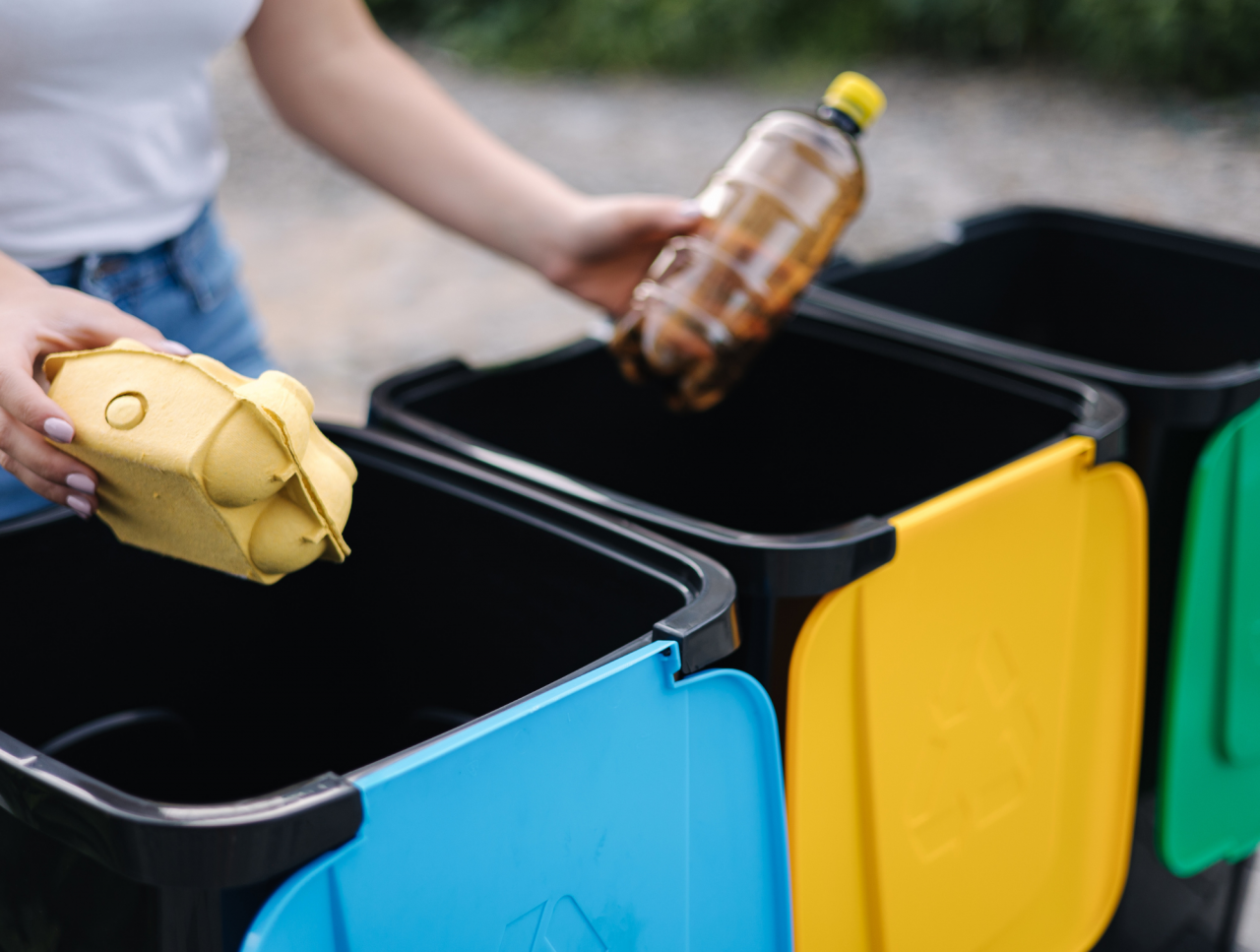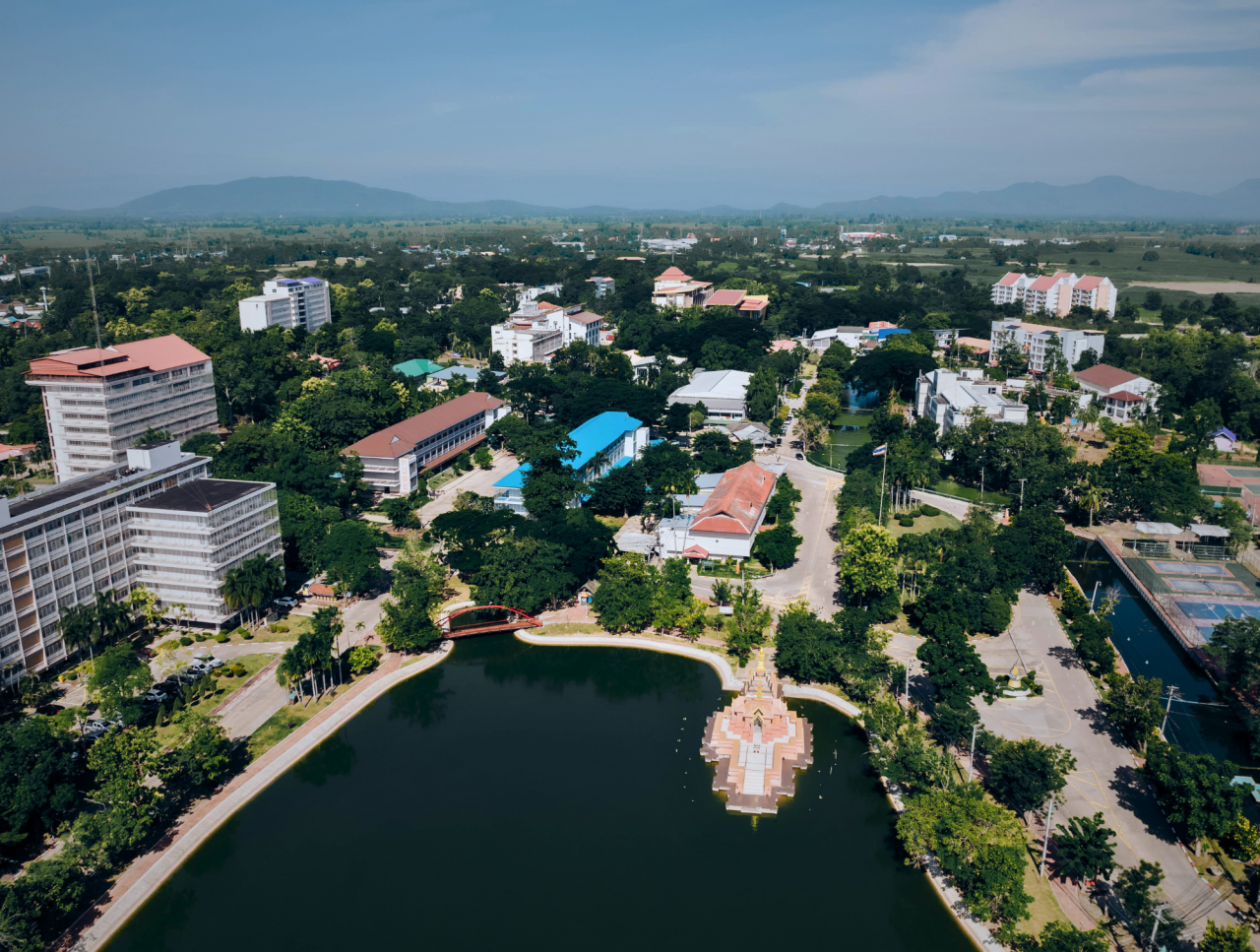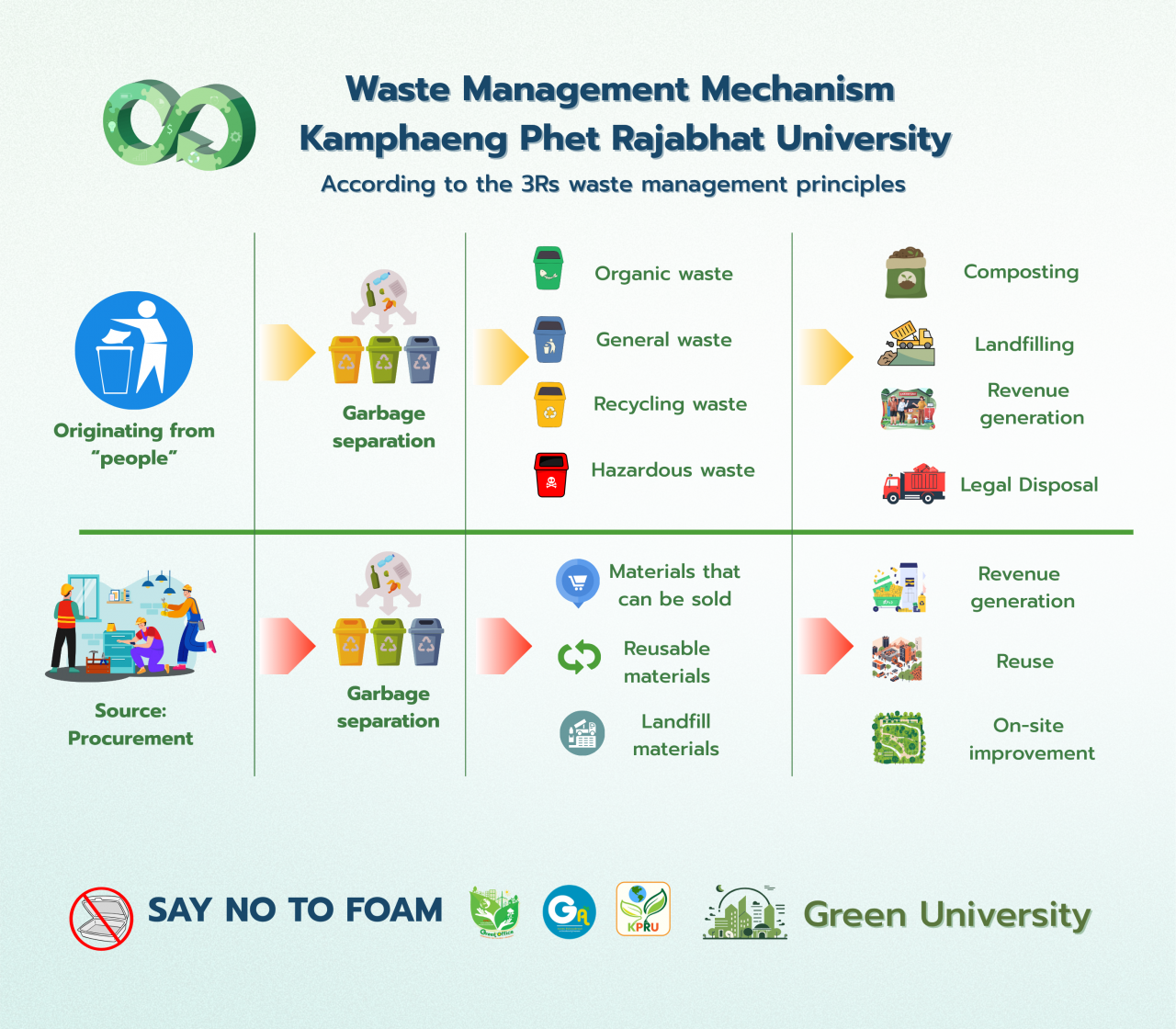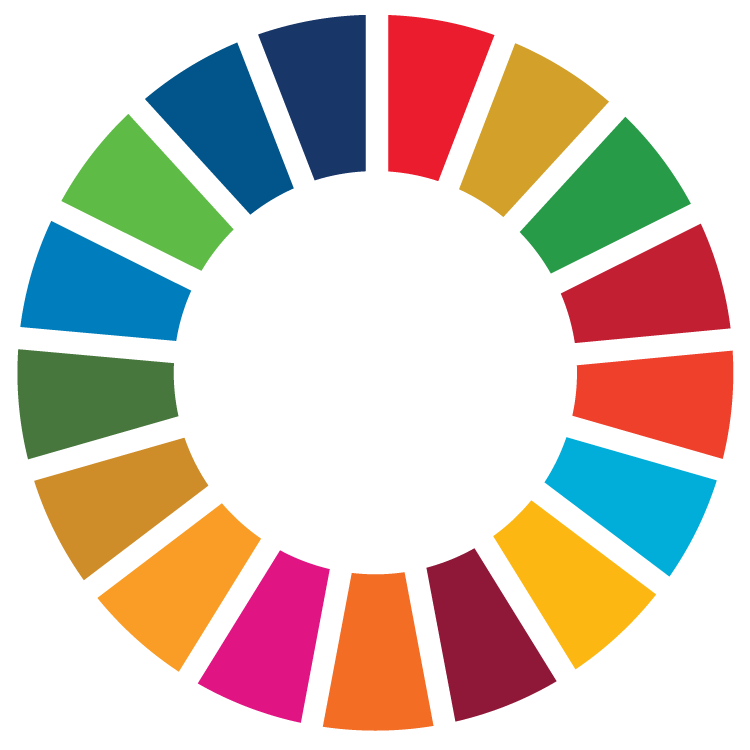Waste Management

Responsible Consumption and Production
KPRU Strengthens Campus Waste Management through 3Rs and Green Practices
Kamphaeng Phet Rajabhat University (KPRU) actively promotes and supports effective waste management systems based on the 3Rs principles — Reduce, Reuse, Recycle — to ensure environmentally responsible operations across the campus. The university has issued clear waste separation guidelines for staff, students, and visitors, encouraging proper disposal at designated collection points in all buildings.
KPRU’s waste management framework aligns with the UI GreenMetric University Sustainability Indicators, reflecting the institution’s strong commitment to sustainable campus operations. More information is available at https://ga.kpru.ac.th/ui-green/?page_id=1065.
Waste Management Measures
Establish a Waste Management Committee responsible for overseeing and monitoring all campus waste management operations.
Promote awareness and education campaigns to encourage proper waste sorting and the beneficial reuse of materials.
Maintain clean, accessible, and clearly labeled collection points throughout campus buildings to make waste separation easy and attractive.
Provide color-coded bins on every floor, categorized by type of waste.
Regularly inspect and collect separated waste, ensuring it follows the designated waste management route under staff supervision.
Restrict food consumption in operational areas; a designated dining space is provided on the first floor of each building.
Waste Classification and Management
Organic Waste – Includes food scraps, beverages, and natural packaging materials from meetings or events. These must be placed in designated organic bins before washing containers. Collected organic waste is processed into organic fertilizer.
General Waste – Includes plastic bags, snack wrappers, coffee straws, rubber gloves, and non-recyclable plastics. These are disposed of by authorized waste contractors.
Recyclable Waste – Includes recyclable plastics, office paper, glass, and metals. These are collected in recycling bins or booths on every floor and sent to the university waste bank, generating income for KPRU.
Hazardous Waste – Includes batteries, flashlights, and other toxic materials. These are disposed of in hazardous waste bins located behind each building and are collected monthly by staff for delivery to the local hazardous waste disposal site.
Infectious Waste – Includes used masks and ATK test kits. Infectious waste bins are placed on every floor and monitored daily by housekeeping staff in accordance with the Department of Health, Ministry of Public Health guidelines.
Additional Measures
No burning of waste is permitted anywhere on campus.
Monthly waste data recording: Housekeeping and field staff record the quantities of each waste type sent for recycling or landfill. Central administrators monitor and analyze performance against annual targets, aiming for a minimum 5% reduction in non-recyclable waste each year.
Through these systematic efforts, KPRU demonstrates its strong dedication to sustainable campus management, environmental stewardship, and the promotion of a zero-waste culture within the university community.
Environmental Management Policy

Responsible Consumption and Production
Kamphaeng Phet Rajabhat University is committed to being a sustainable university and drive the university to be an environmentally friendly university, conducive to student learning, be a role model to public and communities. In order to achieve the objectives of environmental management and to be efficient in it, by the virtue of section 31 of the Rajabhat University Act B.E. 2547 and resolution adopted at the 11/2023 University Executive Meeting on November 7, 2023, thereby issue a notification of Kamphaeng Phet Rajabhat University of Environmental Management Policy for staff, students, and public to participate and help driving the university to be a sustainable university as follows:
1. This notification shall be referred to as “Notification of Kamphaeng Phet Rajabhat University on Environmental Management Policy B.E. 2566.”
2. This notification shall come into force as from the day following the date of its announcement.
3. Kamphaeng Phet Rajabhat University promotes environmental management system together with communicating the mention policy, its objectives, and operational guidelines by focus on the participation of all sectors in the university.
4. Promoting the building and environmental management according to the green university guidelines.
5. Supporting and encouraging the conservation of natural areas, restoration of degraded areas in consideration of the development of eco system and biodiversity.
6. Encouraging all sectors in the university to reduce energy consumption, improve energy consumption to be suitable and effective as well as using of alternative and renewable energy.
7. Campaign to reduce greenhouse gas emissions and support of the operation to becoming carbon neutral university.
8. Encourage and support of developing waste and hazardous substances management system according to 3Rs principles.
9. Raising awareness and participation in reducing the use of plastic, foam, and single-use plastic as well as how to properly dispose of them.
10. Encourage the university to have an environmentally friendly procurement system.
11. To have an efficient operational management, control, and improvement system of wastewater to verify and follow the quality of water and use of treated water appropriately.
12. Encourage the use of zero carbon emission vehicles. Improve the efficiency of public transportation. Reduce usage of private vehicles within the university and determine of the suitable parking area.
13. Support of creating curriculums, workshops, or activities related to environmental and sustainability as well as distribution of knowledge and academic services for other agencies or communities.
14. The university must follow, inspect, and assess of operating out come as well as review and revise the policy, objectives, and operating plan on environment, continuously and develop the university to be a sustainable environmental management model to extend the results to local communities. Please kindly be informed accordingly. Announced on November 9, 2023

 Related SDGs
Related SDGs



